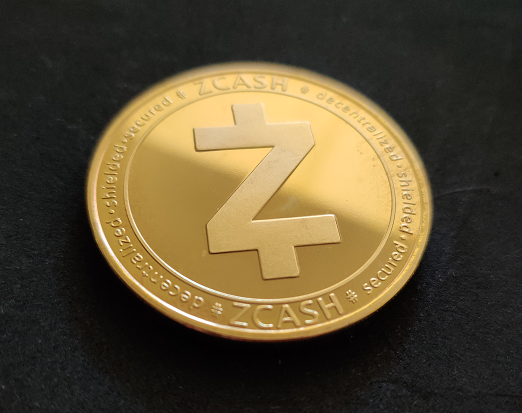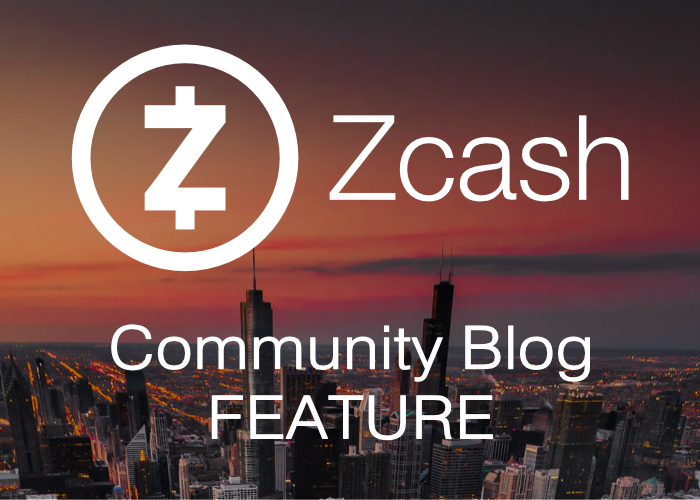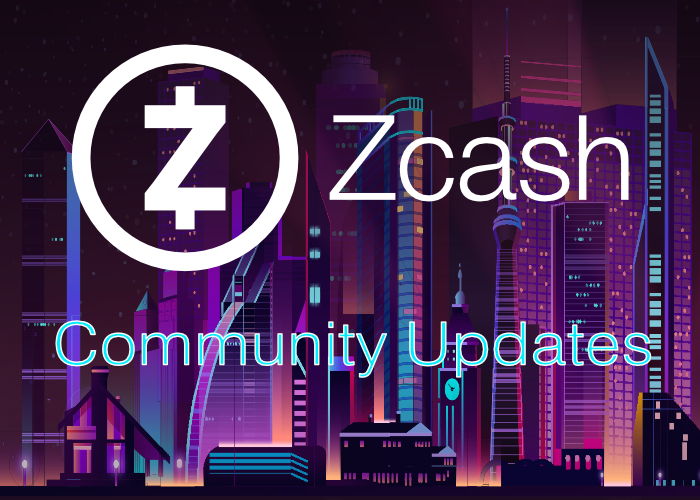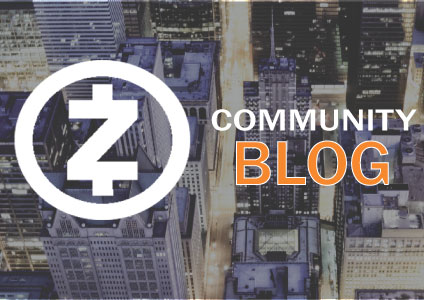
It’s almost Valentine’s Day, y’all, so let’s talk about CONSENT. Consent is knowing what your options are and being able to make an informed choice.
I’m not talking about implicit consent, like the kind you didn’t remember giving in the first place. I’m talking about that true blue, say-it-loud-and-proud, “I can change my mind at any time” kind of consent.
In the world of digital surveillance, big data, and online tracking tools, “consent” brings to mind cookie preferences and popup banners. Some have argued that’s the wrong way to frame the problem. “These tactics provide the illusion of choice while suppressing actual alternatives—a phenomenon that also exists offline,” according to Crystal Lee from Slate.
The illusion of choice
There are parallels between the way we talk about privacy and consent. Planned Parenthood uses the FRIES acronym to describe what consent should look like. Laws like GDPR attempt to apply similar standards for digital consent. Unfortunately, researchers found that less than 12% of sites actually comply with those guidelines. While laws like GDPR and CCPA are changing the narrative around privacy, most people acknowledge these regulations don’t go far enough.
Subtle illusions of choice are constant in our digital lives. According to Deloitte research from 2017, 90% of consumers surveyed do not read the Terms and Conditions (TOS). Even if they did, TOS are “largely unreadable” to the average American because of the complex legalese in most of these documents.
Too important to ignore
Consent, whether it be in our digital lives or personal lives, is too important to continue to overlook and ignore. The past few years has brought a wave of feminist movements like the Women’s March and #MeToo. These events center around the agency that women have (or lack) and how that’s evolving faster than ever.
In a post-#MeToo world, consent is an increasingly important subject to understand. It’s being incorporated into sex education and reshaping the way we look at pop culture. It’s even inspired Molly Ringwald to rewatch “The Breakfast Club” with her 10-yr-old daughter.
I signed up for my first social network when I was in elementary school. Fast-forward to today, I probably spend upwards of 60 hours a week online. Oversharing online is a millennial trend that I grew up with. Today, I have a limited ability to remove 20+ years of my personal information from the internet. Just because I share information on Twitter and my personal website, does not mean I don’t care about or deserve privacy.
The reality is that consent and privacy are inextricable from each other. Privacy without consent is an incoherent notion. And just like consent, privacy is a fragile state with many dependencies. Some people think achieving privacy is as easy as putting on a trench coat, turning off the lights or switching to incognito mode. Some people think withdrawing consent is as easy as saying “no,” walking away, and wearing more modest clothing. In reality, consent and privacy depend on powerful social dynamics.
Accept these cookies
The opposite of consent is coercion. If tech companies (or romantic partners!) do not care about your consent, it’s because they believe they can coerce you to behave a certain way. The opposite of privacy is harder to define. Privacy is tricky because we don’t have good ways to digitally withdraw consent and reverse engineer who has access to our information and who does not.
Choosing what you want to share and with whom is exercising your right to privacy. Consent is knowing what your options are and being able to make an informed choice. Privacy, like consent, is powerful.




